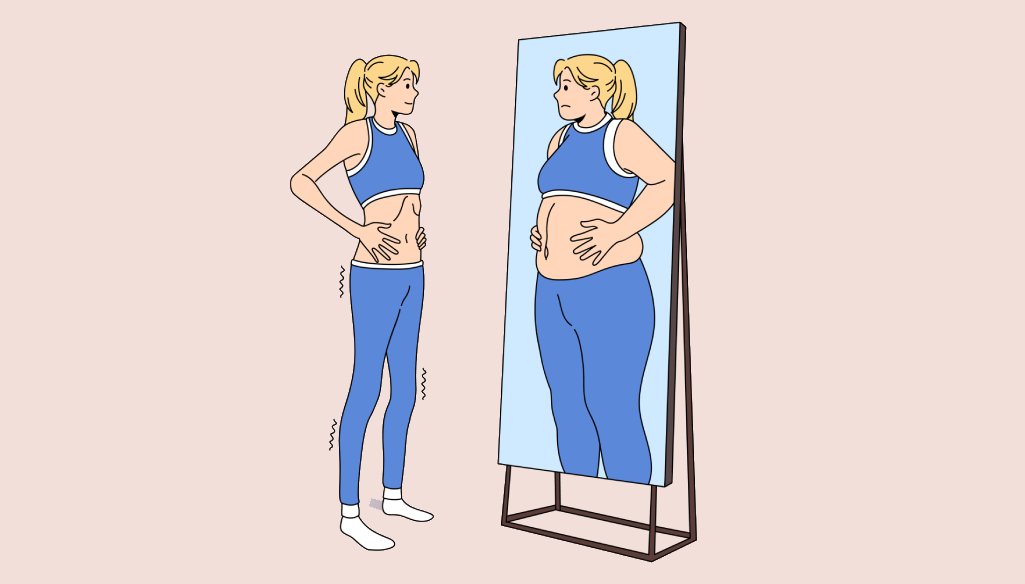Every one of us has experienced some kind of negative thoughts concerning a specific body part or the entire body, in general, at some point in our life. This distorted unrealistic view of ourselves sometimes causes us unhappiness and affects our self-esteem. However, this negative view of ourselves does not hamper our social, emotional, and occupational welfare. When an individual is struggling with obsessive negative thoughts about body image, which are not under their control and with an excessive over-emphasis on a specific body part, this condition is then said to be body dysmorphic disorder. This repetitive fixation on a body part interferes with the person’s social, emotional, and occupational welfare, hampering daily life functioning.
Persons with body dysmorphia repeatedly compare their appearance with others and check mirrors seeking reassurance. Such behaviour causes them emotional distress, as well as consumes several hours of their day. Often it happens that they are so preoccupied with appearance that they do not leave the house, and avoid all kinds of social situations, or prefer to be completely isolated.
Most people with body dysmorphic disorder are completely convinced that they look ugly, even though other people do not see them that way. Such conceptions lead them to seek cosmetic treatment, such as skin treatments or surgery, to try to improve their appearance. In a study conducted on dermatology patients with acne, more than 11% of the patients were found to have body dysmorphic disorder.
A person with BDD (Body Dysmorphic Disorder) believes that they look abnormal, or there is some kind of defect in them. Such beliefs are a sign of delusion. While others see nothing wrong with their appearance, it is only the patient who finds flaws in themselves. Besides this, they are under the delusion that others take special notice of the defect, staring at it, talking about it, or mocking it.
What leads to the development of BDD?
There is no single reason for the development of BDD. It develops due to a combination of environmental, psychological, and biological reasons.
Treatment of BDD
Besides all these approaches to treating BDD, providing the person with an understanding and supportive environment helps decrease the severity of the symptoms and helps them better cope with the disorder.
Get in touch with the mental health center in India if you or your loved ones suffer from Body dysmorphic disorder (BDD)

